Seasoning your BBQ is essential for maintaining its longevity and enhancing your cooking experience. It helps prevent rust, creates a naturally non-stick surface, and makes cleaning easier.
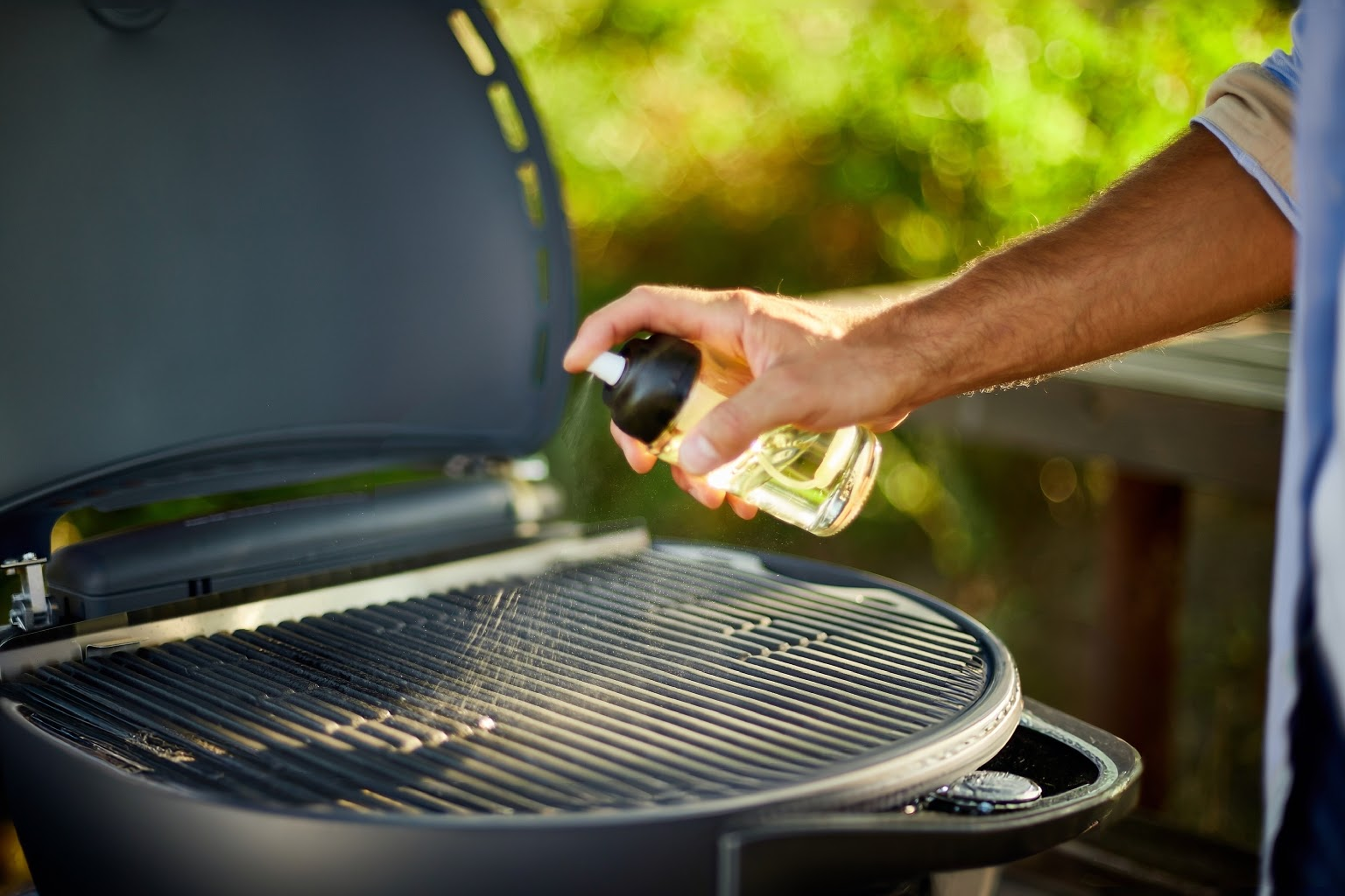
This guide provides step-by-step instructions on seasoning both gas and charcoal BBQs, covering the best oils to use, maintenance tips, and how to re-season older grills.
What is Seasoning?
Seasoning your BBQ is the process of oiling and heating the grates and other metal surfaces to create a protective layer. This crucial step maintains your grill and enhances your cooking experience.

Why Seasoning is Important:
Prevents Rust
The oil creates a barrier that shields surfaces from moisture, preventing rust and corrosion.
Creates a Non-Stick Surface
Carbonised oil fills in the metal's pores, making it naturally non-stick and easier to clean.
Burns Off Residues
Seasoning removes manufacturing coatings and debris from new and old grills.
Improves Flavour
Over time, the layers of oil add depth to the taste of your food.
How to Season a BBQ for the First Time
It's essential to season your BBQ before your first cook, whether it's gas or charcoal. Seasoning removes manufacturing coatings and helps prevent rust. Follow these steps to get your BBQ ready!

Seasoning Grill Grates
1. Clean the Grates
Wash the grates with warm soapy water. This will remove any chemicals or wax from manufacturing. Rinse and dry completely with a towel.
2. Apply Oil
Apply a thin coating of high-smoke point oil (like canola or peanut oil) to both sides of the grates and any metal plates inside the grill. Avoid oils with low smoke points, like olive oil, as these can burn too quickly.
3. Heat the Grill
Turn on your gas BBQ to medium-high heat (about 180-200°C) and close the lid. Heat for about 30 minutes. The grates will darken as the oil burns off, forming a protective, non-stick layer.
If you're using a charcoal BBQ, wait until the coals are fully lit and ashed over (around 15-20 minutes). Spread the coals evenly, place the grates back on, and close the lid. Heat the grill for about 30 minutes with the vents open halfway.
4. Cool Down
Turn off the burners and let the grill cool completely. Your BBQ grill grates are now seasoned and ready for use!
Tip: Repeat this process 2-3 times a year or after cleaning the grill with soap and water to maintain the non-stick layer.
How to Re-Season an Old BBQ
If your older BBQ has food sticking or rust, re-seasoning can bring it back to life! Re-seasoning creates a fresh protective layer that prevents rust and makes cooking easier.

1. Clean Thoroughly
Start with a deep clean to remove rust, old food residue, and any build-up.
-
For steel and stainless steel grates: Scrub with a grill brush. For stubborn grime, make a paste with baking soda and water, then scrub with a brush.
-
For cast iron grates: Avoid water to prevent rust. Use a wire brush or grill scraper to remove food and residue.
2. Remove Rust
If you find rust, heat the grill for 15-20 minutes to loosen it. Then, scrub the rusted areas with a wire brush or spatula. Avoid using water, as this can worsen the rust.
-
For tough rust spots: Lightly sand with fine-grit sandpaper. Follow up with another scrub using your grill brush.
3. Re-Season
Once the grill is clean, re-season it:
-
Apply a thin, even layer of high-smoke point oil (like canola or peanut oil) to the grates and any other metal surfaces.
-
Heat the grill to around 180-200°C and cook for 30 minutes to form a new protective layer.
-
Allow the grill to cool down completely, and it’s ready to use!
Tip: For best results, re-season your BBQ after every few uses to maintain the non-stick surface and keep rust away.
Best Oils for Seasoning

When seasoning your BBQ, use an oil with a high smoke point. This means the oil won’t burn too quickly. Some of the best oils include:
-
Canola Oil
-
Peanut Oil
-
Sunflower Oil
-
Avocado Oil
Avoid using oils with low smoke points, like butter or olive oil, as they will burn at high temperatures.
How to Maintain Your BBQ

1. Brush the Grates
After cooking, brush the grates while the grill is still warm. This removes leftover food and prevents build-up.
-
Best practice: Use a sturdy grill brush or scraper. For cast iron grates, consider a brass brush.
2. Apply Oil
Once the grates are clean and dry, apply a light coat of high-smoke point oil. This prevents rust and maintains the non-stick surface.
-
How to apply: Lightly coat the grates with oil using a paper towel. Avoid over-oiling.
3. Store Properly
When not in use, cover your BBQ with a weather-resistant cover. Avoid sealing the grill entirely for extended periods, as trapped moisture can cause rust.
-
Tip for ventilation: Lift the cover periodically to let the BBQ air out.
-
Additional tip: Store cast iron grates or other removable parts in a dry area. Apply a thin coat of oil before storing.
Seasoning your BBQ is simple and essential. Regular seasoning prevents rust, makes cooking easier, and enhances the flavour of your food. By following these steps, you’ll enjoy better-tasting meals and extend the lifespan of your BBQ. Happy grilling

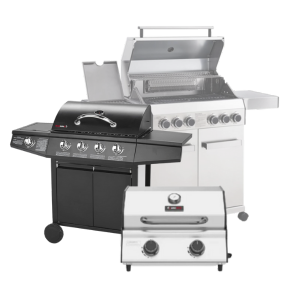
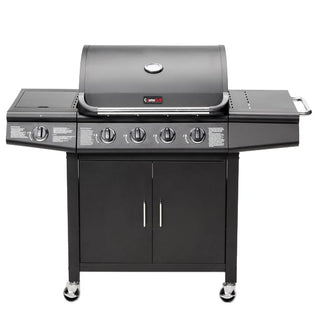
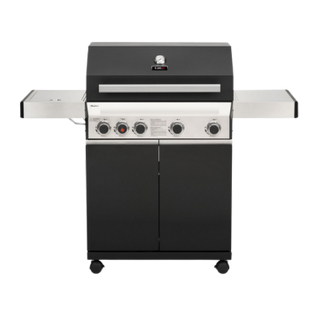
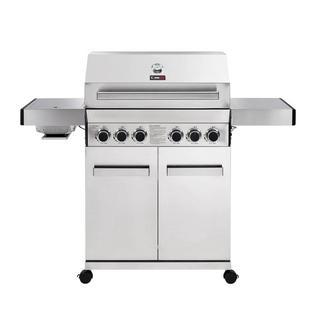
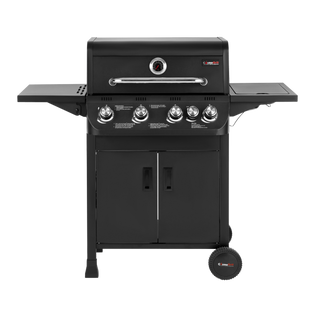
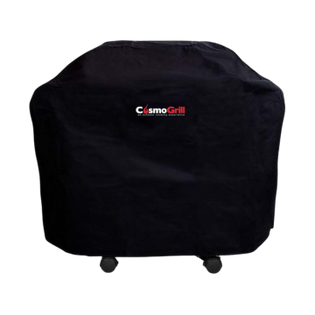
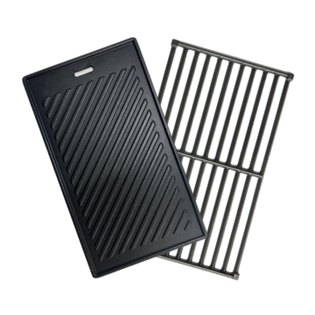
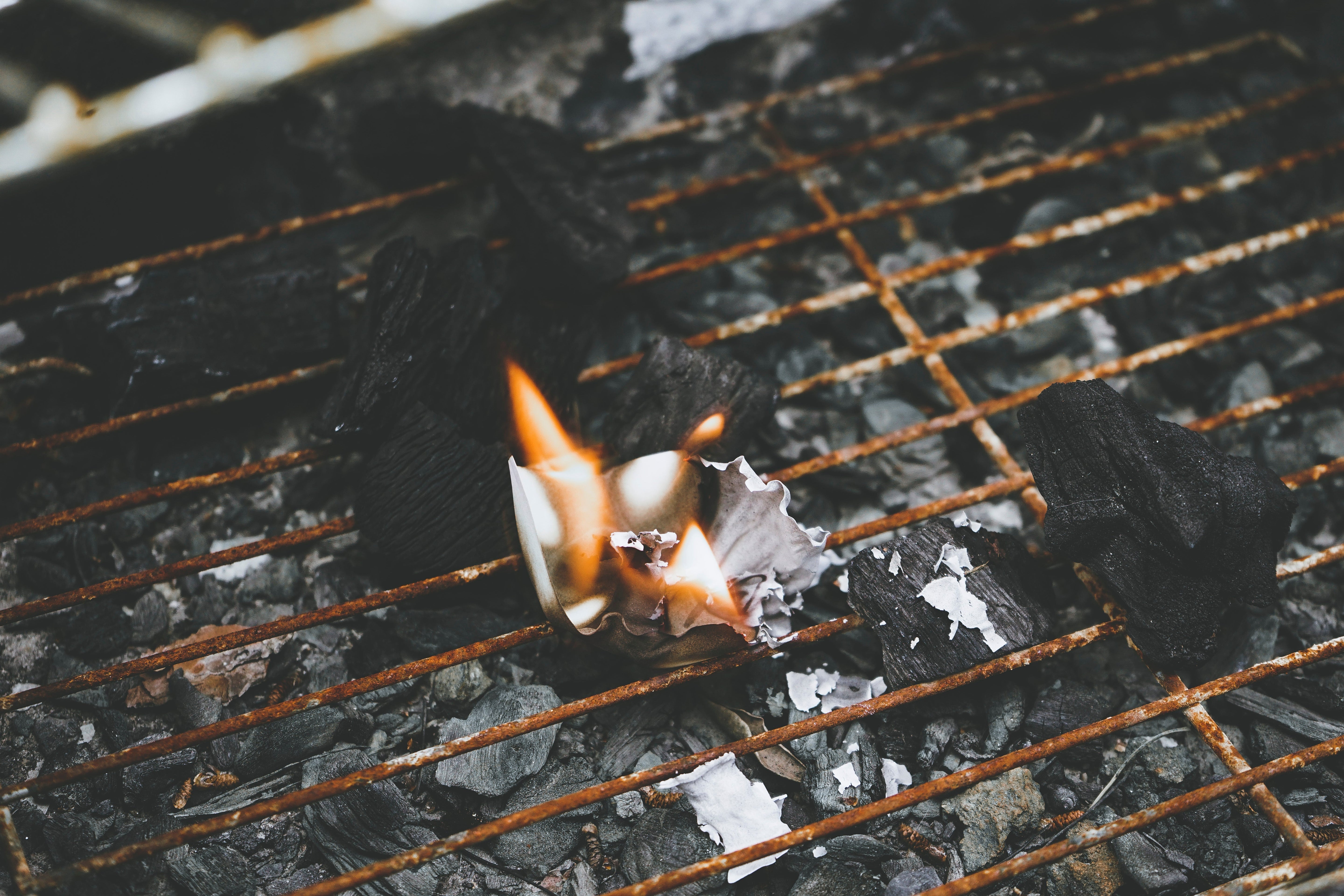
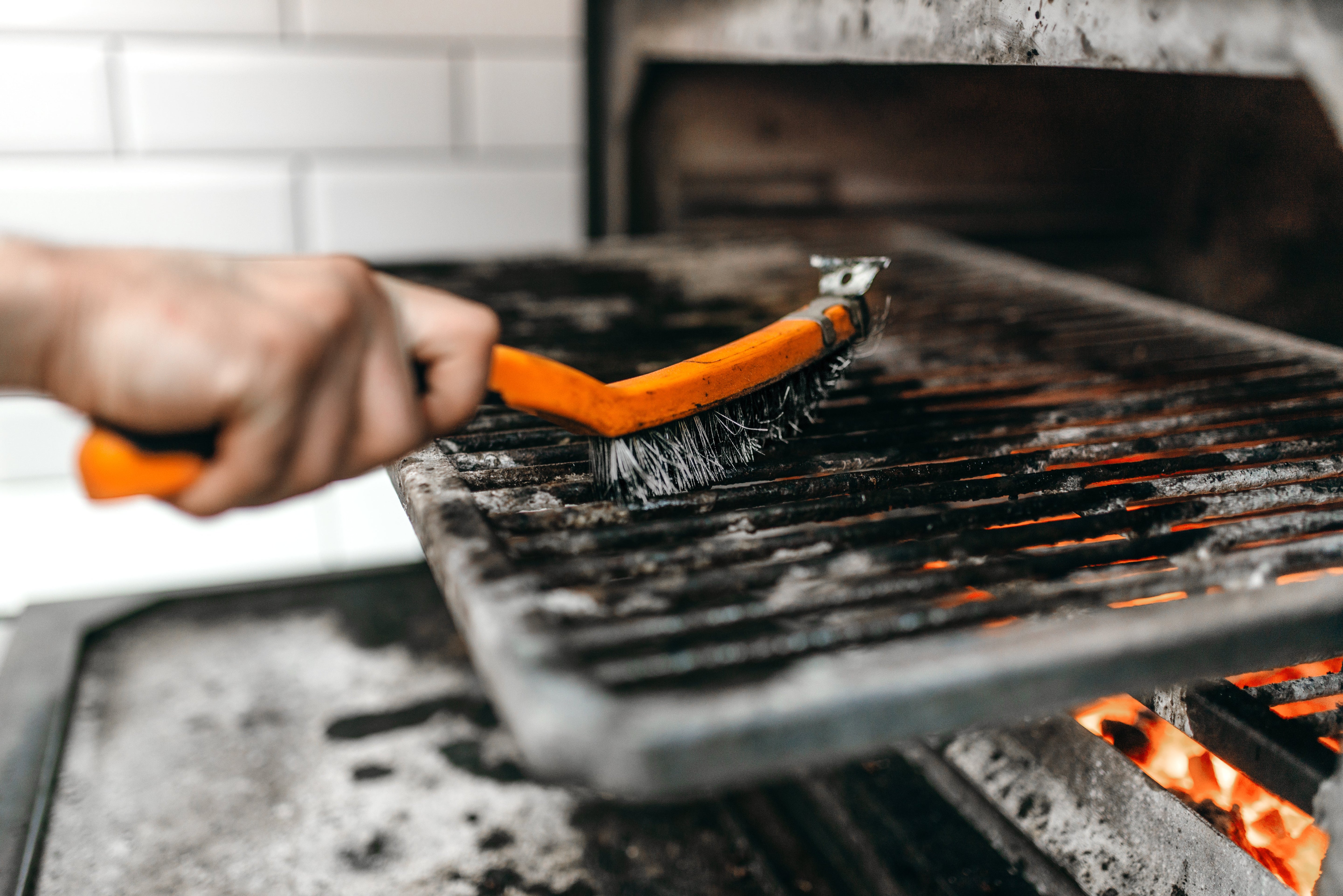

Leave a comment
This site is protected by hCaptcha and the hCaptcha Privacy Policy and Terms of Service apply.